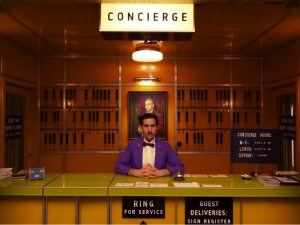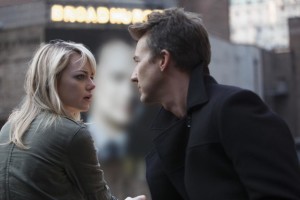Twenty-something years later: Gen-X at the Oscars
They were the underachievers, self-centered and impractical.
Throughout the 1990s, indie filmmakers such as Wes Anderson and Richard Linklater gave voice to the overeducated (but often unemployed) sons of fractured families, paralyzed by social problems. An alternative cinema required alternative stars, and some of the early roles played by Julianne Moore, Patricia Arquette, Edward Norton, Ethan Hawke, Reese Witherspoon, Mark Ruffalo and Laura Dern captured the essence of the era’s anti-traditional bent.
When Birdman director Alejandro González Iñárritu started working within the US industry, he added his intercultural sensibility to the equation in films characterized by a narrative structure comprised of labyrinthine, overlapping paths.
However, there was a sense that Gen-X never flourished, condemned to eternally mourn the loss of River Phoenix, or to age bitterly, like in This is 40 or Greenberg.
Then Beck won at the Grammys, Father John Misty covered Nirvana and what remains of the Miramax-Sundance era had their moment at the Oscars. They were supposed to be having a midlife crisis – but instead they made an aesthetic out of an impending midlife crisis, and produced their most ambitious works. Birdman, The Grand Budapest Hotel and Boyhood are grounded in years of research, and focus on the themes of real time, image composition, and the heritage of the global new waves.
In the words of Kurt Cobain: Here we are now, (keep) entertaining us.
READ MORE at The Conversation



